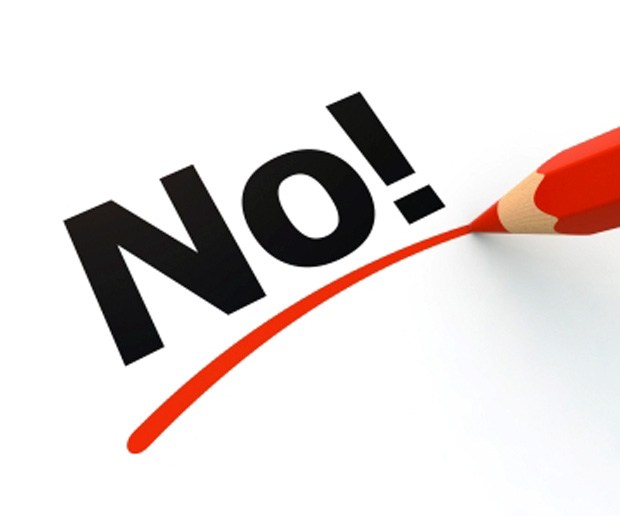A friend recently posted a short video of Stefani Germanotta (aka Lady Gaga) talking about how we are all “unconsciously communicating lies.” Click here to see the video as it’s much better than having me summarize it for you. I will, however, write that in it Ms. Germanotta talks about how when she started saying no to things that she started being happy again. I realize that it is difficult for some of us to sympathize when public figures (who seem to have everything) do anything that comes across as even slightly complaining. However, I would say that we do that based (1) on the assumption that money and fame equal a level of happiness that negates complaining and (2) that because celebrities have chosen this path, this also negates their ability to be unhappy in a way that is comparable to “our” unhappiness. And neither of those are really fair assumptions to make. An individual’s unhappiness (or pain) is authentic to her, no matter how much she might have in her bank account.
That said, I started thinking about what we say yes to and why we feel uncomfortable with the word no. In his Esquire article “How to Tell People No,” Tom Chiarella argues that the word yes “suggests pleasure,” whereas no is ” . . . cold and heavy.” It’s much easier to yes to something – meeting up for drinks with colleagues whose company you only minimally enjoy, agreeing to watch your friend’s dog while she’s out of town, volunteering at the school bake sale – because most people want to be (or at least appear) helpful, considerate, fun, nice, etc. When we say no, there’s this fear that we’re letting someone down or being the opposite of all the things we’d really, really like to embody.
Obviously, if we said no to everything and everyone, we’d be social pariahs who never experience anything new. But saying yes all the time isn’t always a positive or a pleasure. I’ve learned (the hard way) that in a small town, when you say yes to helping out with an event then it’s almost always expected that you will be a part of that event until the end of days. Now, instead of giving an automatic crowd-pleasing yes, I ask questions. I want to know what is expected of me and if I am willing (and able) to give my time based on those expectations. As a business owner, I often receive emails asking for donations. If it’s a local charity that supports the community as a whole or helps out a local family with an urgent need, then yes is easy. But I often receive emails from communities that are hours away or out-of-state. They’re not addressed to me, but come with a general salutation because these emails are being sent out to any business that this organization thinks might possibly make a donation. And that is perhaps a successful strategy for them. But from me, they receive a polite no.
Even as I write that, I cringe a little. Will people think I’m mean or heartless for saying no to making a donation to a charitable organization in New Hampshire? Do I need to justify it by listing all the local charities I donate to on a regular basis? Or would that justification be tacky and make me look like an idiot?
But what I need to realize that learning to say no doesn’t mean that you’re learning to be selfish or unkind. It’s about realizing what you are able to do (and do well) and being okay with not being able to do everything.
 Sauced In New York Sometimes the food is in the sauce, sometimes we are
Sauced In New York Sometimes the food is in the sauce, sometimes we are





The power and balance involved in saying “no”. Good for you Anna B!